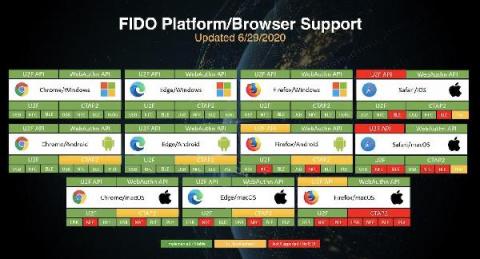Multi-Factor Authentication for Rails With WebAuthn and Devise
If someone steals your password, they can pretend to be you. That's why many companies provide two-factor or multi-factor authentication via a fingerprint scan, a YubiKey, an authenticator app, or SMS. In this article, Petr Hlavicka will give you a solid foundation of knowledge about multi-factor authentication and will walk you through implementation with Rails, Webauthn, and Devise











